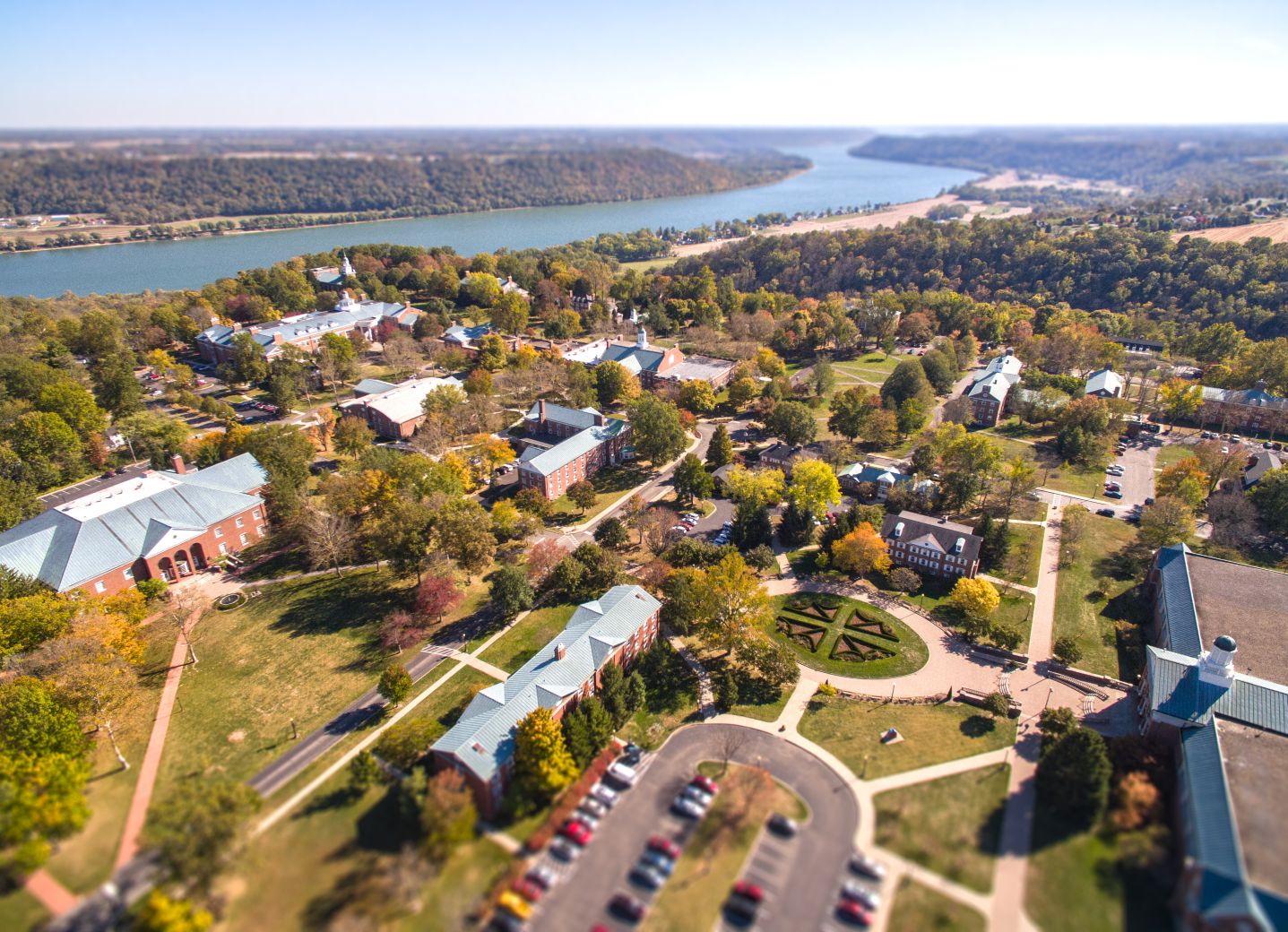Hanover_campus

Photo courtesy of Hanover College
Plans for a veterinary school at Hanover College, a private institution in southern Indiana, have been put on hold.
New rules on how accredited veterinary schools use distance education have derailed a proposed program in Indiana.
Hanover College announced an intent in late 2023 to open a veterinary school that would combine remote and in-person instruction. It would have been the first of its kind.
At the time of the announcement, the American Veterinary Medical Association Council on Education — the only accreditor of veterinary schools recognized by the U.S. Department of Education — had no policies relating to distance education. In fact, the AVMA COE wasn't empowered to oversee remote learning.
That changed this year. In January, the AVMA COE sought and received authorization from the federal regulator to add distance learning to its scope. In March, the accreditor updated its policies and procedures to specify requirements for the approach.
The standards state that programs must "remain predominantly residential" and "that at least 85% of the preclinical curriculum and at least 50% of the direct instruction … in any individual course must be delivered in person."
Peter Ashley, Hanover's vice president for enrollment and marketing, told the VIN News Service this week, "The issue is 100% the standards are too restrictive to move ahead." Hanover's board of trustees voted during the weekend of Oct. 18 to suspend program development.
While a school may operate without accreditation, the recognition is needed for its students to access federal financial aid, including loans.
Ashley said that under Hanover's veterinary school proposal, students would have taken "most of their classes online and then come to campus for labs" at a to-be-built teaching center and clinic. Students would have needed to arrange their own housing during in-person instruction periods.
The program was modeled on two other hybrid doctoral programs at Hanover, one in physical therapy, started in 2021, and another in occupational therapy, started in 2024.
The change in accreditation standards doesn't mean the end of the program at Hanover, according to Ashley. "We suspended and didn't cancel on purpose," he said, adding that everything remains in place "to resurrect" the veterinary school effort if AVMA COE's distance education standards are revised.
"I'm sure it will change eventually," he said, without speculating on when that might happen.
VIN News could not reach the program's founding dean, Dr. Christina Tran, for comment. Her contract with the school ended on Oct. 31.
Why distance education requirements were introduced
Virtual instruction became common and necessary to keep schools running during the Covid-19 pandemic lockdown.
Now, with the global health emergency in the rearview mirror, in-person education has returned in full force, though aspects of virtual schooling remain. Faculty, especially at professional schools such as veterinary colleges, commonly allow students to attend class remotely or listen to recordings of lectures on their own schedule.
The fact that the AVMA COE accreditation standards did not address this fundamental shift in instructional approach came to the fore during a review in 2024 by the Department of Education. At the time, the regulator renewed its recognition of the veterinary accreditor but required it to submit a compliance report within one year to address areas in which it did not adhere to federal requirements. Distance education was one.
"[A]s it is not currently within the COE's scope to accredit programs delivering distance education, it was determined that the COE was out of compliance in this area," the AVMA explained in a written response to VIN News questions earlier this year.
"[F]lexibilities were put in place by the Department of Education during the pandemic to allow accreditors and programs to adapt to a rapidly changing environment," the AVMA said. "Those flexibilities expired at the end of 2023. However, many programs have continued to use educational modalities that qualify as distance."
The AVMA COE solicited input from the veterinary community on whether it should expand its scope to include distance education, then determined that doing so was the "best path forward."
New schools proliferate
Hanover College is a private institution in southern Indiana. Its proposed veterinary school was to admit 80 students per class. It would have been the second in the state. The first — and currently only — is at Purdue University, a public institution that enrolled its first veterinary class in 1959.
Hanover's program was to have a three-year, year-round curriculum using a distributed model, like the veterinary school at the University of Arizona, which opened in 2020. A distributed (often called distributive) model is when students get their experience off-campus, usually at private businesses, instead of at a teaching hospital run by the school.
More than a dozen U.S. veterinary schools have been proposed in the past decade. Five have opened since 2019. Two more will accept students starting next year, which will bring the total number of schools to 38, including the program at Ana G. Méndez University that opened in the U.S. territory of Puerto Rico in 2024. At least seven institutions are actively working to open veterinary schools. Two programs — one at Marshall University in West Virginia and another at Chamberlain University in Georgia — dropped plans for new programs in 2023 and 2024, respectively.